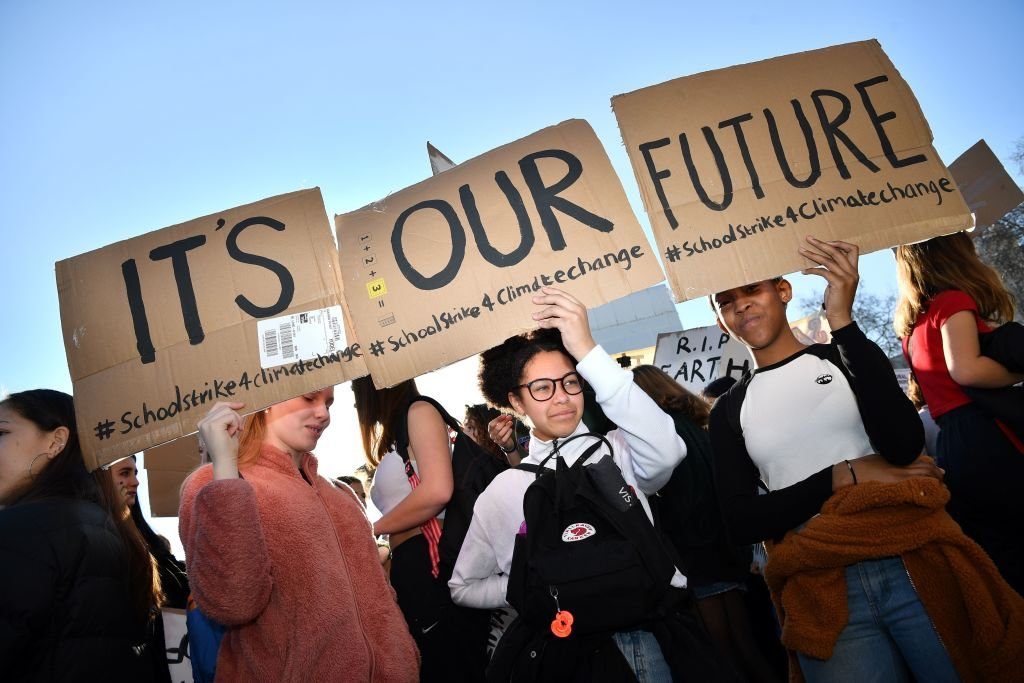
The coronavirus pandemic deepened entrenched inequalities and took an especially heavy toll on the most vulnerable, but in a grim year there were some notable wins for human rights, Amnesty International said on Wednesday.
From Black Lives Matter protests showcasing people power to climate lawsuits holding corporations to account and a groundswell of action to fight violence against women, the rights group highlighted bright spots in its annual report on the state of human rights worldwide.
Here are five of the human rights wins and positive trends identified by Amnesty:
1. Black Lives Matter protests
The death of George Floyd spurred worldwide protests against racial inequality that threw a spotlight on racism and heaped pressure on leaders to act, bringing change including reforms to policing policies and funds to tackle racial inequality.
Movements such as the #EndSars protests against police brutality in Nigeria and global climate protests have also shown the power of mass movements to bring about change, Amnesty said.
2. Climate litigation gains traction
There has been a “significant increase” in climate litigation targeting governments and corporations, Amnesty said, as campaigners turn to the law to enforce action to protect the climate and curb emissions.
Among the most high-profile is an ongoing case brought by six Portuguese children and young adults against 33 countries at the European Court of Human Rights, claiming inaction on climate change breaches their rights and jeopardises their future.
Major climate lawsuits were also filed in countries including Germany, Poland, Spain and Britain.
3. Nations crackdown on gendered abuse
Numerous countries moved to toughen laws on violence against women in 2020 as the pandemic fueled domestic abuse worldwide.
South Korea passed laws to increase punishments for online sex abuse, Sudan’s government made female genital mutilation a crime punishable by three years in jail, and Kuwait’s parliament approved a bill criminalising domestic violence and offering victims legal support and medical care.
4. Women gain abortion and pregnancy rights
Argentina became the first big country in Latin America to legalise abortion in a triumph for women’s rights campaigners who prevailed over the Roman Catholic church, while Northern Ireland and South Korea also decriminalised terminations. In Africa, Sierra Leone’s government lifted a ban on pregnant girls attending school and sitting exams after a long campaign by rights activists.
5. Migrant workers break free from the tied labour system
Qatar abolished rules requiring migrant workers to get permission from their employer to change jobs and brought in a new universal minimum wage after it faced sharp criticism overexploitation of labourers building stadiums for the 2022 World Cup.
That came amid growing scrutiny of sponsorship systems in many other Arab countries that typically bind migrant workers to a single employer, leaving them more vulnerable to abuse.

